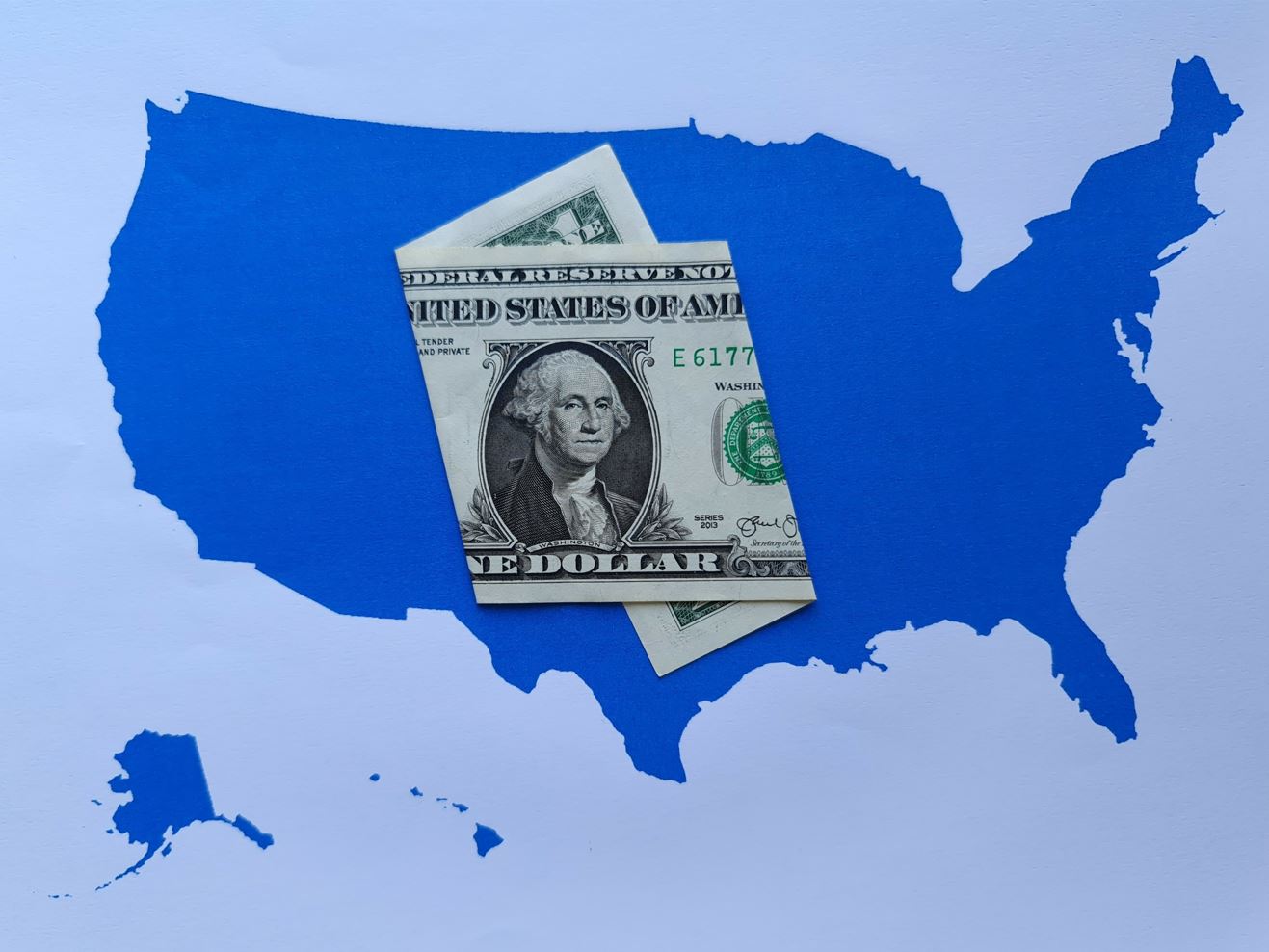A Government Shutdown Grows More Likely
No bipartisan solution yet. House Republicans have signaled they will not consider a bipartisan Senate plan for a short-term government funding bill. The bill would allow current levels of funding until mid-November. The two chambers are fast running out of time to pass a continuing resolution to fund the government after 12:01 am Sunday, Oct. 1, The Washington Post reports.
What might a shutdown do to the economy? The New York Times reports that an immediate recession would be unlikely. Estimates have suggested a brief shutdown would have little impact on the economy, but that could change if a shutdown lasts longer. But Michael Linden of the Center for Equitable Growth noted that immediate economic effects could prompt quicker congressional action to fund and reopen the government. “There’s a reason shutdowns tend to be pretty short,” Linden writes. “They end up causing disruptions that people don’t like.”
California now has a new guns and ammo tax. Gov. Gavin Newsom (D) signed into law a new 11 percent tax on the sale of guns and ammunition in California, on top of the federal tax on those sales (which range between 10 percent and 11 percent, depending on the type of gun). The revenue will fund security improvements at public schools and gun violence prevention programs in the state.
Wisconsin Joint Committee on Finance approves Republican tax cut plan. The bill would reduce the state’s income tax rate from 5.3 percent to 4.4 percent for single filers earning between $15,000 and $225,000. A single filer earning the state’s median income of $36,000 would save $32 a year. The plan is part of Republican lawmakers’ efforts to return the state’s $4 billion surplus to taxpayers.
Montana Supreme Court upholds block on ballot measure to cap property tax collections. The state’s Attorney General had blocked a proposed ballot initiative that would have asked Montana voters to cap property tax collections for specific properties at 1 percent of their assessed value. It would also have limited the growth of property valuations to 2 percent per year. In agreeing with the Attorney General, the court concluded that different portions of the ballot initiative would need to be put before voters separately.
For the latest tax news, subscribe to the Tax Policy Center’s Daily Deduction. Sign up here to have it delivered to your inbox weekdays at 8:00 am (Mondays only when Congress is in recess). We welcome tips on new research or other news. Email Renu Zaretsky at [email protected].






